Scenes of a chaotic American evacuation from Afghanistan—scenes that include people grasping for and plummeting from a U.S. Air Force plane as it took off—have shown the desperation of many Afghans as the Taliban returns to power for the first time since the U.S.-led invasion of 2001. The United States and countries around the world now face the logistically difficult and politically fraught question of taking in refugees from Afghanistan. But what of the Afghans who can’t or don’t leave? How will life change for them?
Anatol Lieven—a senior research fellow at the Washington-based Quincy Institute for Responsible Statecraft and the author of Climate Change and the Nation State—says women’s rights “will be greatly restricted,” but it remains uncertain how dramatically the Taliban will change the country. The worst-case scenario Lieven envisions is the same brutal approach the group took in the 1990s, which he describes as “deeply ignorant, savagely repressive of any kind of cultural difference, banning women’s education altogether.” The best-case scenario he can imagine is that Afghanistan ends up looking something like Iran—a theocratic government with some modern technocracy and the educated class needed to maintain it, which would include at least some educated women. The country would still be repressive, but it would allow more freedom than the Taliban has in the past. America could use aid to Afghanistan to try to influence the Taliban, Lieven says—by developing institutions such as schools that women can attend or women’s hospitals—but the U.S. will need help in that endeavor. "Future American and Western influence, if it exists at all, will have to be exercised in cooperation with Afghanistan’s key neighbors—Russia, China, Pakistan, and, yes, Iran,” Lieven says. “The only way to modify Taliban behavior is to work with these countries.”
Graham Vyse: How did Afghanistan’s security forces and government fall so quickly?
Anatol Lieven: I got a taste of the reason for it more than 30 years ago, when I was a British journalist embedded with the Mujahideen in the late 1980s. In several areas I visited, local Mujahideen forces had arrangements with local Communist forces not to fight each other. This was partly because of tribal links between them. It was partly for the sake of a quiet life. Often, it was partly because they were sharing the heroin trade between them and war was bad for business.
This was also true of the Taliban during their rise in the 1990s. They had these long-standing talks with Mujahideen forces, and what this means is that all the pieces are in place for a negotiated surrender—a surrender on terms. If these people have been talking to each other, if they’ve been doing business together, if they share tribal links for years, then it’s much easier at a certain point for one side—in this case, the government’s side—to give up and go home, with promises from the winning side that they won’t be massacred or persecuted. The Taliban have generally stuck to that very honorably for good, pragmatic reasons. Obviously, if you kill large numbers of people who try to surrender, nobody’s ever going to surrender again.
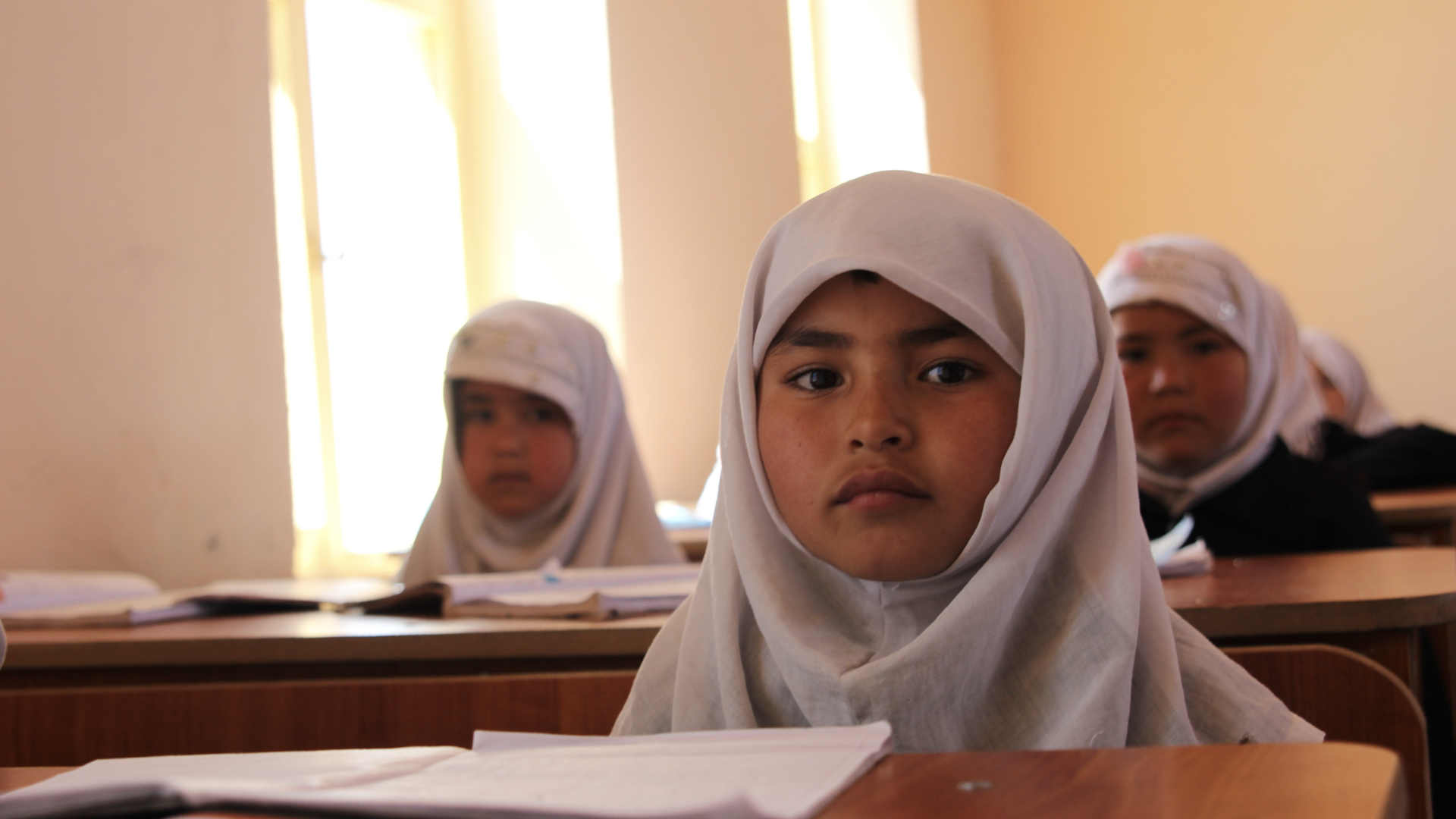
So under the surface, you had a whole web of arrangements that paved the way for the Afghan forces to surrender and go home. The other issue is that the Afghan state was profoundly rotten and many of the generals were rotten—stealing their men’s pay, selling off their equipment, dealing in heroin. This was a deeply demoralized force, whereas the Taliban—with all their terrible faults—obviously had high morale.
Vyse: How is it that the Taliban are still the strongest fighting force in the country, even after 20 years of the U.S. military pummeling them?
Lieven: In a word, guts. The Taliban have retained or rebuilt tremendous legitimacy in much of the Afghan countryside. It’s largely comparative. They’re seen as more honest and less exploitative, corrupt, and brutal than the Afghan police, for example, and the government forces.
Vyse: Many in the West would not expect to hear that.
Lieven: John Sopko, special inspector general for Afghanistan, has repeatedly pointed out over the years that official reports from the American military and embassy in Afghanistan have systematically downplayed the degree of corruption and brutality in the Afghan police, especially, and to a lesser extent in the army. The Afghanistan Papers published by The Washington Post were named after the Pentagon Papers for a reason: There’s been an almost systematic coverup by parts of the American establishment of just how bad our Afghan allies have been.
If the Taliban understand some of the needs of modern state-building, they’re going to understand that they need technocrats—modern, educated people—and to give those people a certain cultural space.
Vyse: You said the Taliban “retained or rebuilt tremendous legitimacy in much of the Afghan countryside.” How did they do that?
Lieven: First, as the British and Russians discovered, there’s a deep tradition in much of Afghanistan of resistance to outside domination, coupled with a deep cultural chauvinism against outsiders in general and Christian outsiders in particular. Then there was the element of revenge. Even if it was a Taliban fighter who was killed, there was still a family occupation with fighting against the people who did it. Mistaken killings of wedding parties and civilians multiplied the desire for revenge.
In the first years after 2001, in the south, America made this disastrous mistake—or not so much America, but American special forces on the ground, soldiers with no knowledge of the Afghan political situation. Instead of accepting Taliban commanders who wanted to come over to the government side in return for a share of power, often they would believe warlords who had the strongest motivation to tell America these people were still fighting for the Taliban and therefore should be arrested or even killed. American forces systematically destroyed chances of winning over large parts of the local population.
Vyse: How will the Taliban takeover change Afghanistan?
Lieven: The simple answer—the honest answer—is I’m not sure. I don’t think anybody is sure. I have a sense that there are divisions within the Taliban.

The key question is how many Taliban leaders see themselves as a state-building force—as inheritors of the Afghan state in their own way. Unlike Islamist extremists in Pakistan, the Taliban in power in Afghanistan were completely committed to the World Health Organization’s anti-polio campaign. Polio in that area has been tremendously reduced. They clearly have some understanding of what it is to be a modern state, but the Taliban leader who most understood that—Mullah Mansour—was killed by an American drone a few years back. Though possibly corrupt, he was the most pragmatic leader the Taliban ever had.
If the Taliban understand some of the needs of modern state-building, they’re going to understand that they need technocrats—modern, educated people—and to give those people a certain cultural space. If they want enough teachers—good Muslim teachers—and enough nurses, they’re going to need some women educated, at least in certain limited ways. But I don’t know how many of them recognize that and are willing to go along with it.
It’s also going to depend on whether they mend fences with Iran and are influenced by the Iranian model. They’ve promised Iran not to persecute the Shia in Afghanistan. If that allows them to build good relations with Iran, they may come to notice that Iran is obviously a religious quasi-theocracy but also a place where women play a vastly larger role—in middle-class professions, academia, teaching, hospitals, sections of the bureaucracy, and even in business—than they do in Afghanistan, or even in Pakistan.
The very best-case scenario is something that looks a bit like Iran—theocratic domination, but with a certain space for dissent, debate, and politics, while trying to employ a modern technocracy.
Lecturing the Taliban isn’t going to get us anywhere. Bribing them, with continued International aid in return for certain concessions, might work to an extent.
Vyse: Can you describe what life was like in Afghanistan under the Taliban before 2001? That history colors a lot of the fear about where the country may be headed, even though the context is obviously quite different now.
Lieven: I wasn’t in Afghanistan under the Taliban, but they came to power amid massive social breakdown and criminality and moral disintegration. They restored order, according to their ethic, which is extremely conservative Pashtun religiosity based on the Sharia. They actually banned the truly horrible practice of giving girls as compensation for crimes, but they followed the Sharia strictly when it comes to punishments for fornication, adultery, and theft.
Vyse: What were those punishments?
Lieven: Amputating limbs for theft, stoning for adultery, flogging for fornication, executing prostitutes and drug dealers—just very harsh Sharia-based rule.
Vyse: And education for women and girls was virtually nonexistent?
Lieven: Very few women or girls outside Kabul had gone to school in the previous 15 years of war, but yes, opportunities for women’s education were reduced to nearly nothing. On the other hand, for years before, women and girls were in serious danger of abduction, rape, and forced marriage, and the Taliban did stop that to a considerable degree.
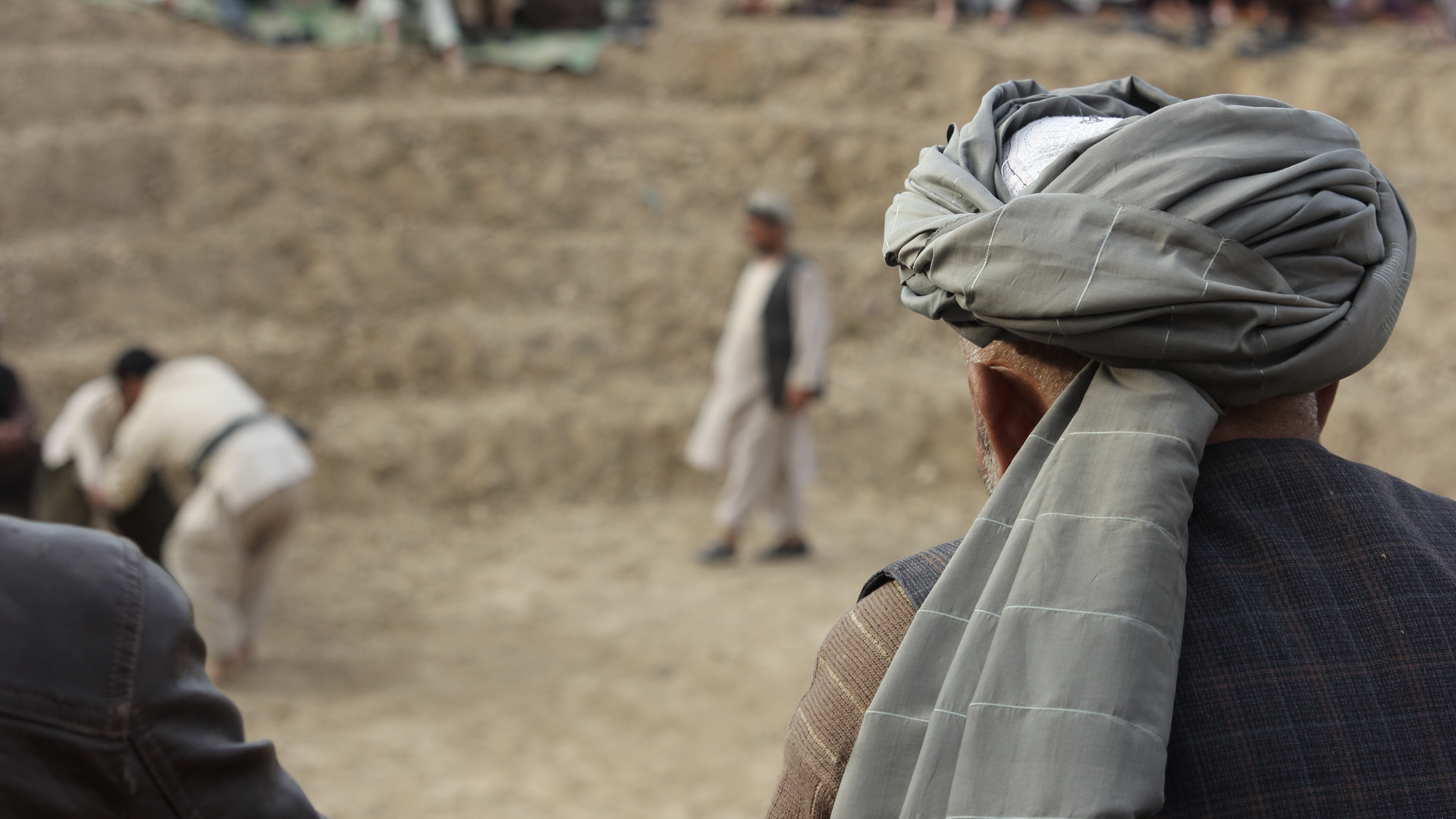
Vyse: How did life change over the course of the past two decades, while the U.S. has been in Afghanistan? What kinds of civil society were built up?
Lieven: You have to make a clear distinction between Kabul—and to some extent the main cities in general—and the rest of the country. In Kabul, there was a massive growth of women’s education and the entry of women into various professions. But Western aid was distributed in an extremely chaotic and corrupt way in the countryside. Enormous amounts of it were stolen. Once the Taliban counter-attack began, Western aid officials basically ceased to go into most of the countryside. If aid was being distributed, we had absolutely no way of checking how it was being spent. So, in large parts of the country, you didn’t see serious developments. In some areas, the Taliban would allow girls’ schools. In others, they would burn them down.
You now have some extremely brave, dedicated people in Afghan civil-society organizations, including women’s organizations, but those groups were created and supported by the U.S. and its allies. I don’t know how much of that world will last, even if the Taliban doesn’t crush it, but there will be a set of tests: I don’t suppose the Taliban would allow the American University of Afghanistan to keep going, but they might rename it. Maybe the Chinese will take it over and call it the Chinese University of Afghanistan. If the Taliban close Kabul University, which is an old, indigenous educational establishment, that will be a terribly bad sign. It’s one thing to insist women wear a headscarf, as in Iran. But if they go back to flogging any woman who doesn’t appear in a burqa or any man who trims his beard—that’s another thing.
If there’s a demonstration of women unveiled—or wearing headscarves but not burqas—and defending women’s education, will the Taliban express a willingness to talk about some separate-but-equal approach? Or will they come in with clubs and beat the women down?
Vyse: What do you see as the worst- and best-case scenarios?
Lieven: The worst-case scenario is that the Taliban simply goes back to the way they were before 2001. The very best-case is something that looks a bit like Iran—theocratic domination but with a certain space for dissent, debate, and politics, while trying to employ a modern technocracy. In this scenario, women would be expected to dress in certain ways and you’d have largely separate educational institutions, but the Taliban would recognize that they need women doctors and schools to educate them. They’d ban all sorts of things, but allow a degree of freedom. Maybe they’d insist men wear beards but not down to their knees. Within certain limits, they’d allow people to read what they liked.
In the past, there was a colossal consumption of pornography in Afghanistan—as there is elsewhere—and I’m sure the Taliban will try to crush that, but will they try to crush Bollywood music, which is enormously popular in Afghanistan, and which they banned when they were previously in power?
Vyse: Do you think there’s any prospect of rebellion against the Taliban among people who’ve enjoyed some freedom in Afghanistan over the past two decades?
Lieven: I doubt people will revolt as such, because the Taliban have won. They have all the guns. You might see protests. When the Taliban came to power before, in the 1990s, pilots and engineers from Afghan airlines and the Afghan Air Force successfully insisted on being given certain freedoms—or exempted from certain rules—by threatening to go off and become mercenaries in Africa. The Taliban said, “Well, we do need airplanes and people to fly and repair them.”
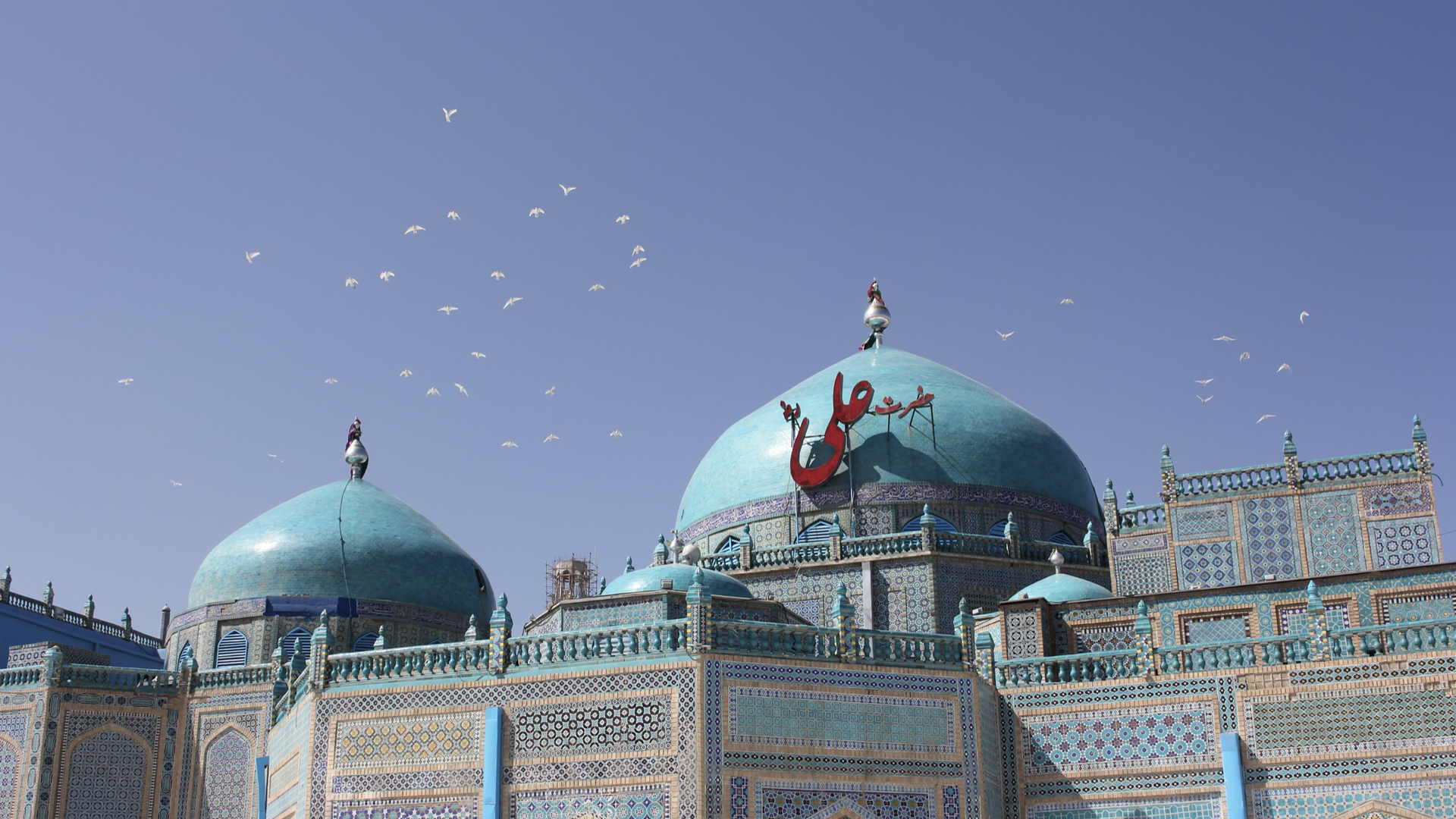
If there’s a demonstration of women unveiled, or wearing headscarves but not burqas, or defending women’s education, will the Taliban be willing to talk even about some separate-but-equal approach? Or will they come in with clubs and beat the women down? Another question is ethnic-religious minority rights. If there are ethnic revolts against the Taliban, that will tend to make them more ferocious, but the Taliban have recruited large numbers of non-Pashtuns and promised the Iranians that they’ll respect the rights of the Shia minority in Afghanistan. The only country in the region that’s still really hostile to the Taliban is India. As long as the Taliban keep their word not to back international terrorism, there’s a question as to where rebels against the Taliban would get their support. I’m fairly confident the Taliban won’t back international terrorism, because they’d have America, Russia, China, Iran, and Pakistan against them.
Vyse: How did the U.S. fail to build a functioning military in Afghanistan after spending two decades and trillions of dollars?
Lieven: For too many years, America didn’t try to recruit the former Communist officers and cadres—the remains of the old Afghan Royal Army. They had enormous military experience. They knew the country. They could wage an Afghan war. It essentially took America a decade to invite them back, by which time most of them were just too old and tired.
It was well known that a family would send one son or nephew to the Afghan army or the police and another son or nephew to the Taliban. This means that, at a certain point, these men in the army or the police could all go home, because their brothers and cousins in the Taliban would protect them.
In addition, America inherited the Northern Alliance—a coalition of non-Pashtun ethnicities and some really discredited Pashtun warlords, and they began this new Afghan army. America then had to spend years essentially trying to reduce their power. They were anathema to much of the Pashtun population, against whom they’d previously committed many atrocities.
By the time America began to get those two things right, the Taliban had made so much progress in the Afghan countryside that it was very difficult to recruit committed people. Across much of the country, it was well known that a family would send one son or nephew to the Afghan army or the police and another son or nephew to the Taliban. This means that, at a certain point, these men in the army or the police could all go home, because their brothers and cousins in the Taliban would protect them. That wasn’t understood by the American military.
America flooded Afghanistan with ignorant people who knew nothing about the country. I’ve heard just absurd nonsense talked about Afghanistan—by Americans, Brits, Germans, and they weren’t going to commit themselves to Afghanistan for two decades. They were going to stay behind barbed wire in Kabul for half a year, tick a box for their careers, and leave. No serious career incentives were created that would lead an American soldier who really became an Afghan expert to the top of the career chain.
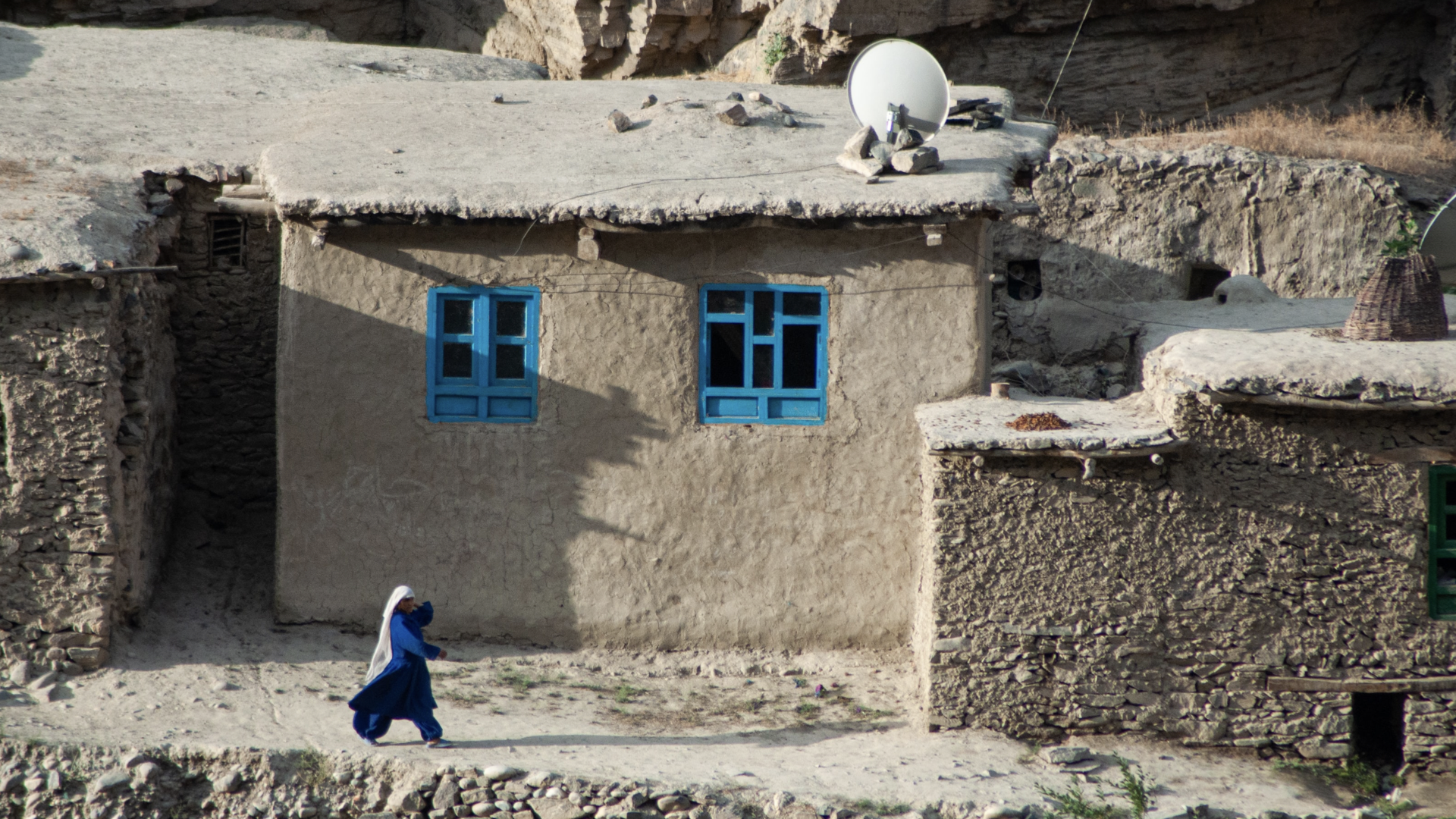
The path to the top is, of course, to tick your box in Afghanistan or Iraq but then to go back to the Pentagon or something else. I’m sorry to say this, but there was just an air of amateurish dilettantism about the whole thing.
One moment when I realized the mission in Afghanistan wasn’t going to work was when I heard the phrase “duty of care,” initially from British officials. “Duty of care” meant that the principal duty of British institutions was to keep their officials safe and not risk their lives. You couldn’t send aid officials to the Afghan countryside, because it was too dangerous. Well, that is decadent, frankly, and sends an absolutely terrible message to soldiers: It’s all right for you, an unemployed kid from Appalachia or Detroit, to lose your legs, but the legs of a State Department official are too valuable to be risked.
Vyse: Why did U.S. intelligence fail to anticipate how quickly the Taliban could take over? What about the failure to evacuate American troops in an orderly way?
Lieven: We’ve underestimated the Taliban throughout. Too many American officials and soldiers believe their own propaganda. The Taliban are absolutely rooted in the rural peasant culture of southern Afghanistan. American general after American general said the Afghan army was much stronger and more loyal than it actually was.
Huge numbers of Afghans would like to emigrate, whether because they’re genuinely scared or because they simply want better lives. Much of the Afghan refugee flow will depend on the Iranians. Will they let refugees in? Try to pass them to the West?
I didn’t expect the Afghan state to fall nearly so quickly. I thought it would fall after a few months. Everybody was starting to thin out their embassies and reduce their staff, but they were trying to do it slowly so it didn’t have the appearance of panic. They all believed they had a few months. Maybe I overestimated how many Afghan government commanders had their own personal loyal followings. Some did, but many didn’t. Many fled once the Taliban started to advance. I thought some military units would put up a harder fight, but only a tiny number did.
Vyse: How many people in Afghanistan are likely to leave the country now? What is that going to look like?
Lieven: Huge numbers of Afghans would like to emigrate, whether because they’re genuinely scared or because they simply want better lives. Much of the Afghan refugee flow will depend on the Iranians. Will they let refugees in? Try to pass them to the West? I suspect Pakistan will take them in but then try to push them back into Afghanistan.
Vyse: What will America’s relationship with Afghanistan look like?
Lieven: America will try to continue to put great pressure on Afghanistan not to sponsor terrorism, but it depends on what kind of representation the U.S. has in Kabul. America can work with—and pass messages through—Russia, China, and Pakistan.
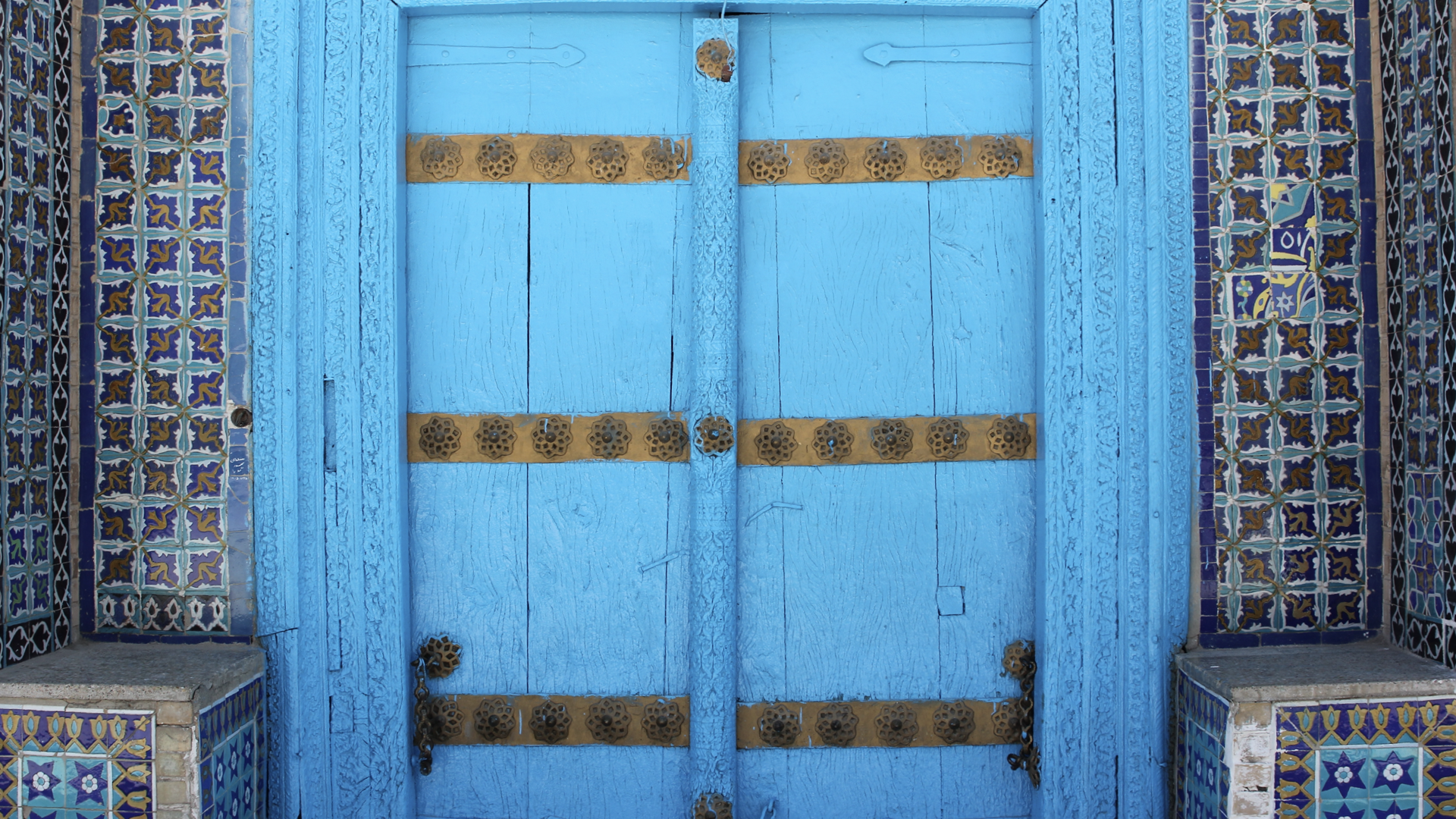
Does America continue aid to Afghanistan? Does it use the aid as a club to try to force the Taliban to do things? Does it use the aid in a more sophisticated way to influence the Taliban? America could say it would go on funding women’s hospitals and maternity hospitals with women doctors, for example, or go on funding universities where women can still attend.
Vyse: What more do the U.S. and its allies owe Afghanistan? Do they still have a responsibility to this country, without keeping active-duty troops there?
Lieven: In general, I’m with Biden. If the Afghan army wouldn’t fight for its own state—and if that was because their own commanders and officials had stolen American aid and stolen from the Afghan people—that cancels the West’s responsibility, in a sense. But there are more specific moral responsibilities. The West has a duty to the people who worked directly for us and risked their lives—interpreters, Afghan workers for the American and British military. We owe something to educated Afghan women, who we encouraged to hope that they had a future in their educations. I strongly support continued aid to Afghanistan, to give us leverage, including over not supporting terrorism, suppressing the drug trade, and maintaining certain spaces for educated women.

